
Outline Template
Whether you're a seasoned writer or just starting out, this easy-to-use memoir outline template will help you organize your thoughts and memories into a compelling memoir that captivates readers.

Upcoming Webinars
Videos
NYT bestselling author/illustrator Jarrett Krosoczka shares the challenges and gratifications of reaching across different age categories and the importance of illustrations in storytelling. Listen to hear his tips on writing within established franchises (like Star Wars), how to pivot a picture book idea into a graphic novel series, and memoir writing.
Writer, writing teacher, ghost writer, and general literary icon Roz Morris joins Mary Kole for an interview on the Good Story Speaker Series. They dive into the mechanics of storytelling and discuss how to connect with your audience—whether you're writing someone else's story or your telling your own.
Award-winning writer and ghostwriter Kelly Madrone joins us to talk about writing as someone else, modulating a professional potty mouth, and how to create a nuanced story arc in memoir.
How long is a chapter? This is a question I get all the time from writers. In this video, I'll ask you some leading questions that will allow you to figure out that ideal chapter count or chapter-length for yourself in your particular project.
Pacing is the engine that keeps that story going and keeps your reader's interest level high. One of the most important things that I teach when it comes to pacing with writing is the balance of action and the information. Information is dense. It moves slowly. Action is fast. It moves quickly. It has nothing to do with page count, but everything to do with the balance of what's in those pages.
If you're curious about writing the inciting incident, and how this applies to your novel, picture book, or story, check out this class.
Podcasts
Newton’s third law says every action will have an equal but opposite reaction. This is true in stories, too … or at least it should be. How do we get to know characters, even as they flit from one conflict-ridden chase scene to the next? Through reaction beats.
Premise is the short summary of your story, also known as the hook or logline, that informs the reader’s expectations of where the story will go. Stay on track and learn how to structure your personal story with strong premise in memoir.
If you’re struggling to figure out how to write your memoir or can’t seem to find the right words, here are three writing practices to make you a better memoir writer and help your memories, reflections, and musings shine bright and clear.
To outline or not? Writing projects start with a spark—a character, a scene, a what-if moment. But what happens from there?
Many aspiring memoirists wonder: how true does my memoir have to be? It can be daunting to think about the holes in our memory, the times we disagree with others about what really happened, or the way time has altered our perception. No one wants to become the latest scandal for lying in a memoir!
What happens when you’ve written a memoir but find that your words aren’t resonating with readers the way you thought they would? And upon that realization, what do you do or change to bridge the gap?
Many people wonder how to start a memoir, and if it’s even worth doing. Yes, it is absolutely worth doing. But not every event from your life merits inclusion. You have to be selective. Here’s how …
Story ideas don’t always come easily, but sometimes we get glimmers that turn into a list of foggy ideas. How do we decide which new idea to run with? And how do we take steps to make it shine?
If you’re writing a memoir, you have to write your life events exactly the way they happened—but you don’t have to write them in order! Give your readers a backwards walk through your remarkable life with reverse chronology.
Many writers run into some form of writer’s block, but nonfiction and memoir writers have certain challenges to overcome writer’s block that fiction writers don’t face. Someone writing a novel can simply … make up what happens next. But memoir writers can feel constrained by wanting to be true to reality.
Chapter structure, like plot structure, is key to achieving a believable and engaging narrative. Here’s how to make sure your chapters are complete and doing as much work for you and your story as possible.
Blog Posts
Thrilled to be joined by author and publishing expert Courtney Maum! She gives us insight behind her terrific book, Before and After the Book Deal, and talks about the highs and lows of publishing. Tune in for her knowledgable tidbits about marketing, building an online platform, self-publishing, memoir, and more!
NYT bestselling author/illustrator Jarrett Krosoczka shares the challenges and gratifications of reaching across different age categories and the importance of illustrations in storytelling. Listen to hear his tips on writing within established franchises (like Star Wars), how to pivot a picture book idea into a graphic novel series, and memoir writing.
Roz Morris and Mary dive into the mechanics of storytelling and discuss how to connect with your audience—whether you're writing someone else's story or you're telling your own.
Ghostwriter Kelly Madrone joins us to talk about writing as someone else, modulating a professional potty mouth, and creating a story arc in memoir.
An interview with author and writing teacher Jessica Brody, where we discuss what makes a compelling story, how to apply story structure whether you're a plotter or pantser, and tackling large-scale revisions without ripping your hair out.
A podcast all about nonfiction book proposals, nonfiction article pitching, and strategically growing your writing career, including a ton of tips for that ever-intimidating concept of marketing yourself and your writing.
An interview with NaNoWriMo founder and writing teacher Chris Baty, where we discuss plot, pantsing, not nipping good ideas in the bud, celebrating a hot pile of garbage, and the cult of busyness.
Historical and fantasy author Gail Carson Levine interviews with Mary Kole. She shares thoughts on the writing process, world-building, and her latest book, A Ceiling Made of Eggshells.
A podcast interview with ghostwriter Laura Elliott, all about deep research, finding inspiration from various sources, and telling stories … even other people’s.
New York Times Bestselling children's book author Tami Charles joins the Good Story Podcast to talk about experimenting with verse, amplifying the stories of girls of color, and writing what you feel.
Services
Just the essentials: you’ll receive an easy-to-scan overview of feedback on up to twenty double-spaced pages of your work. Each Overview addresses plot, character, voice, writing style, and much more.
Just need some help getting your outline in order? We can help you get your story off to a good start. You’ll receive an easy-to-scan overview of feedback on your work, plus an hour-long consultation call.
Submit up to twenty double-spaced pages.
Just the essentials: you’ll receive an easy-to-scan overview of feedback on up to twenty double-spaced pages of your work. Each Overview addresses plot, character, voice, writing style, and much more.
Just the essentials: you’ll receive an easy-to-scan overview of feedback on up to twenty double-spaced pages of your work. Each Overview addresses plot, character, voice, writing style, and much more.
Just need some help getting your outline in order? We can help you get your story off to a good start. You’ll receive an easy-to-scan overview of feedback on your work, plus an hour-long consultation call.
Submit up to twenty double-spaced pages.
Get your outline right, and the rest of your project will thank you for it. With this service, you’ll go chapter-by-chapter and describe your plot and character development in detail. I’ll do a developmental edit that will highlight areas to work on, themes to nurture, and sections that have or lack potential. I’ll give you customized next steps to get you going in the right direction from the very start. Submit up to twenty double-spaced pages.
Get your outline right, and the rest of your project will thank you for it. With this service, you’ll go chapter-by-chapter and describe your plot and character development in detail. I’ll do a developmental edit that will highlight areas to work on, themes to nurture, and sections that have or lack potential. I’ll give you customized next steps to get you writing in the right direction from the very beginning. We can work on a synopsis for up to three revisions of back-and-forth feedback and questions, so that you really iron out your road map before you start to flesh the novel out. Three rounds of outline editing, up to twenty double-spaced pages each time.

FEATURED SERVICE
Get your outline right, and the rest of your project will thank you for it. With this service, you’ll go chapter-by-chapter and describe your plot and character development in detail. I’ll do a developmental edit that will highlight areas to work on, themes to nurture, and sections that have or lack potential. I’ll give you customized next steps to get you going in the right direction from the very start. Submit up to twenty double-spaced pages.

Mary Kole Editorial
Consulting, developmental editing, and book editing services for writers in all categories and genres, at all stages of the process.
Good Story Editing
Wherever you are in your writing journey—from an initial outline to a draft to pitching your project—the experienced team at Good Story Editing can take your work to the next level.


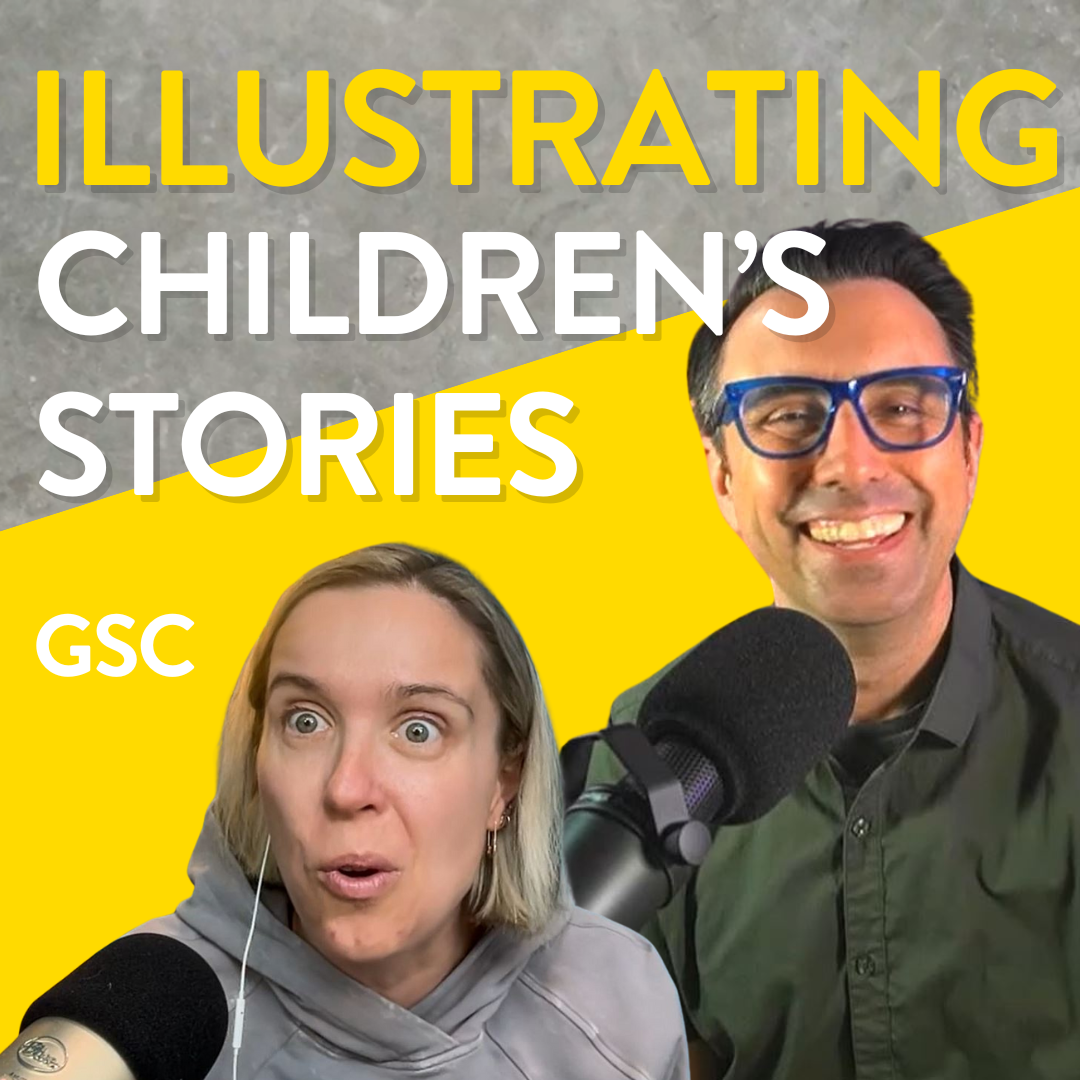



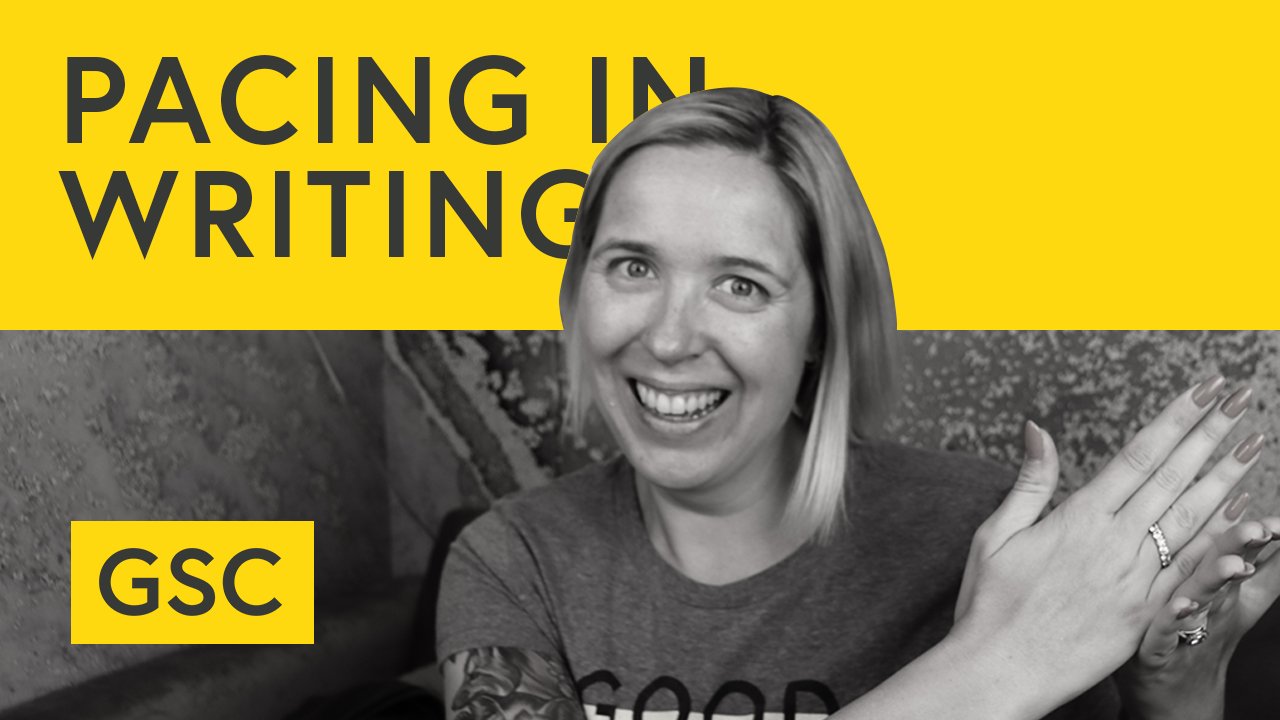
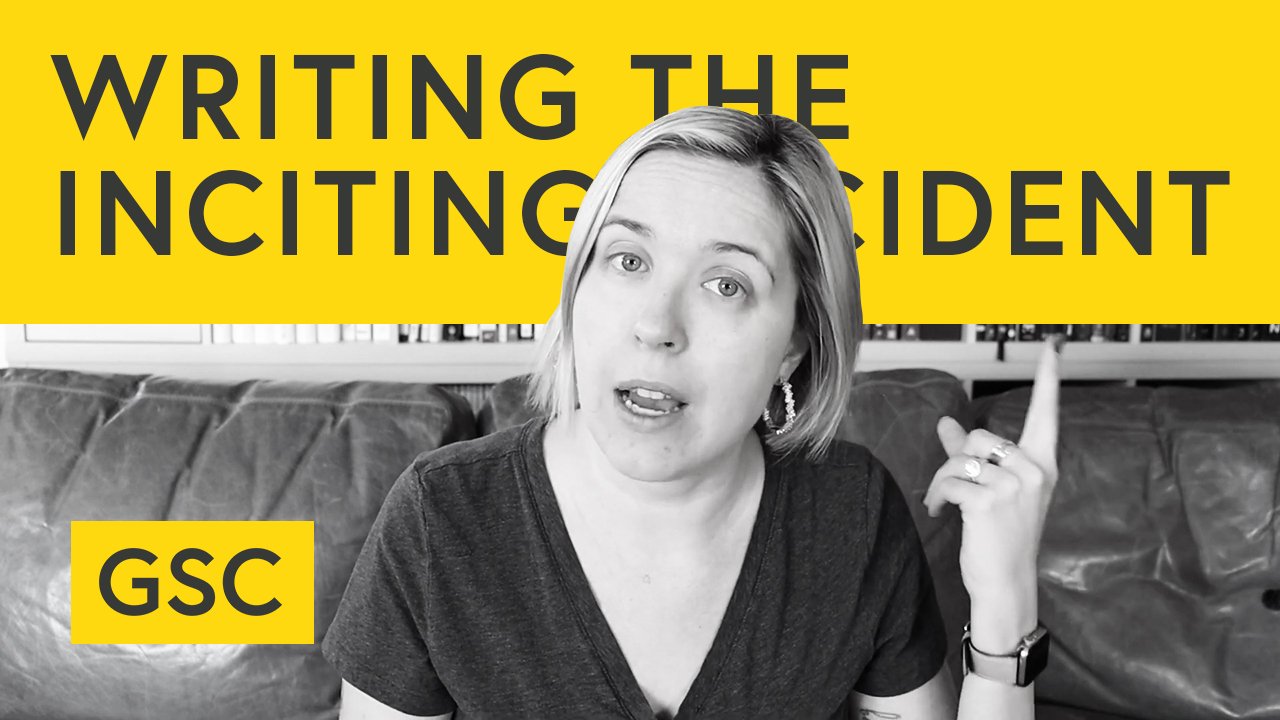

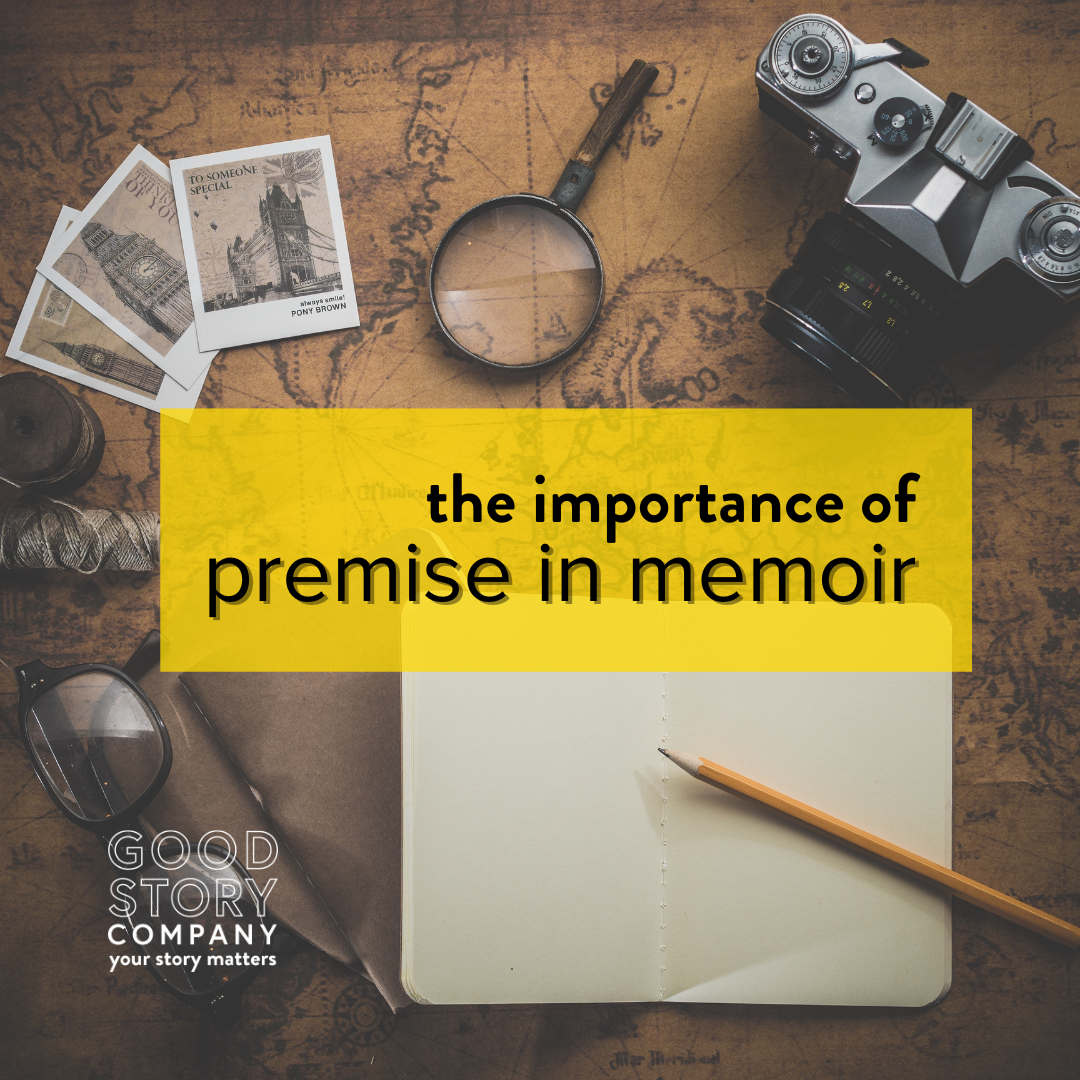


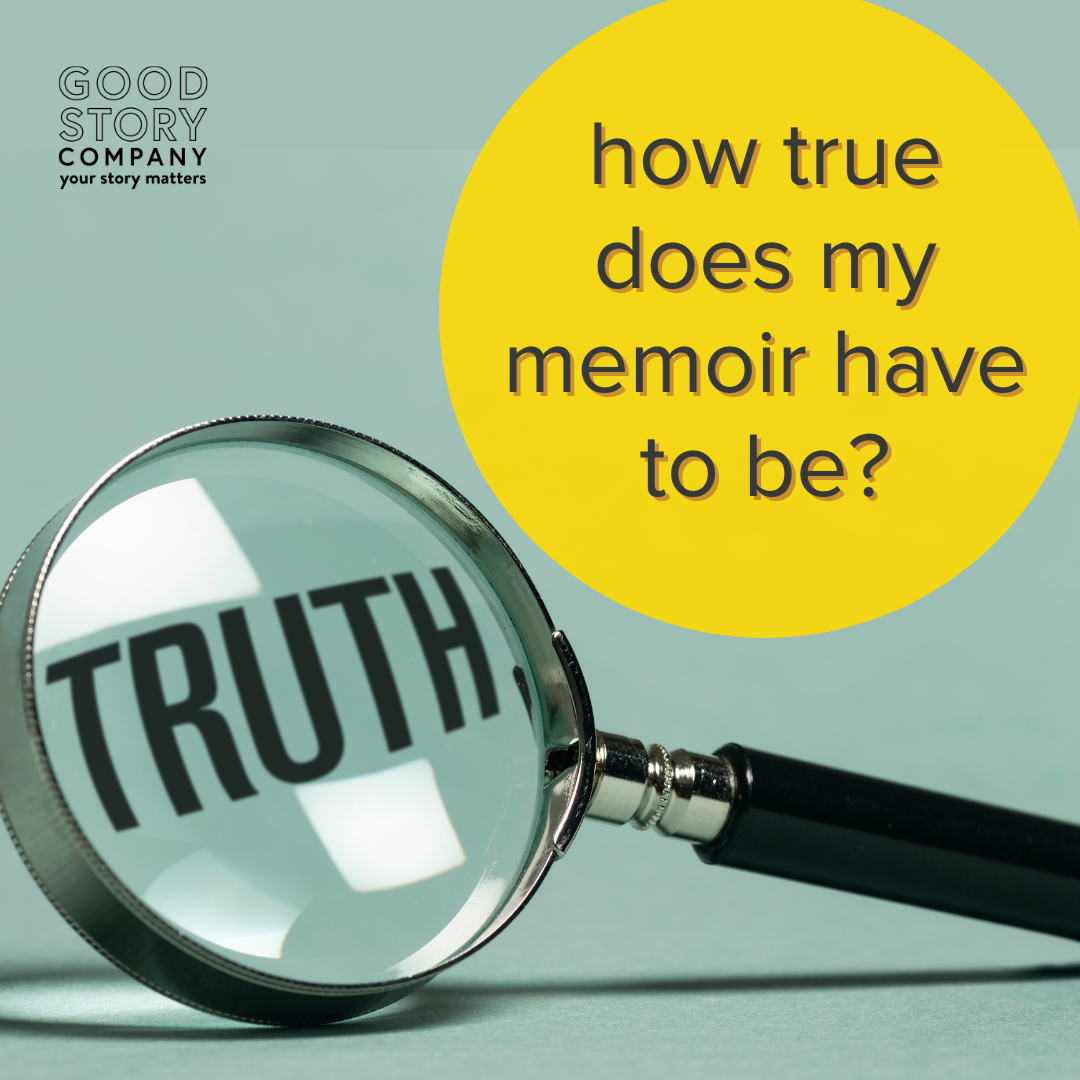
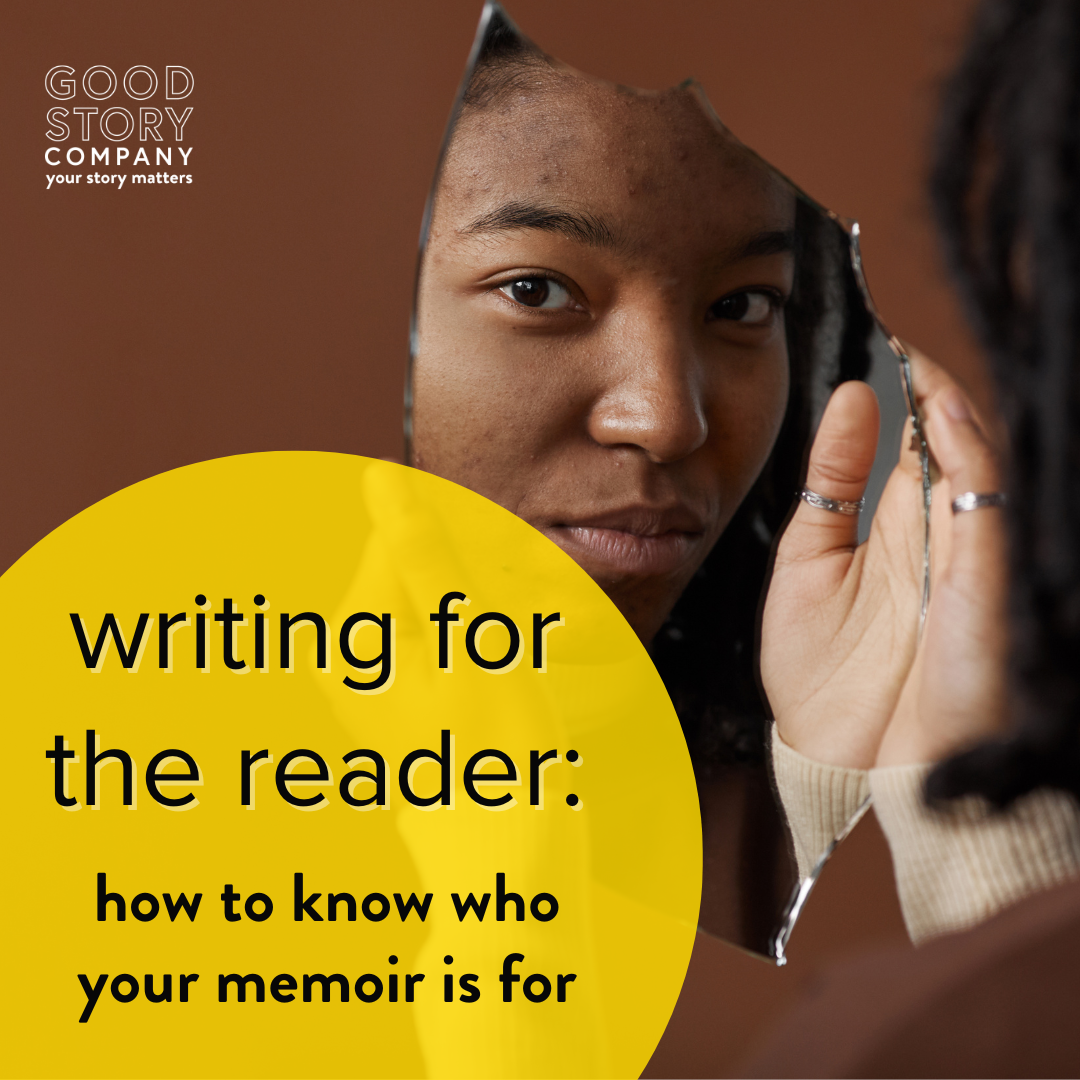






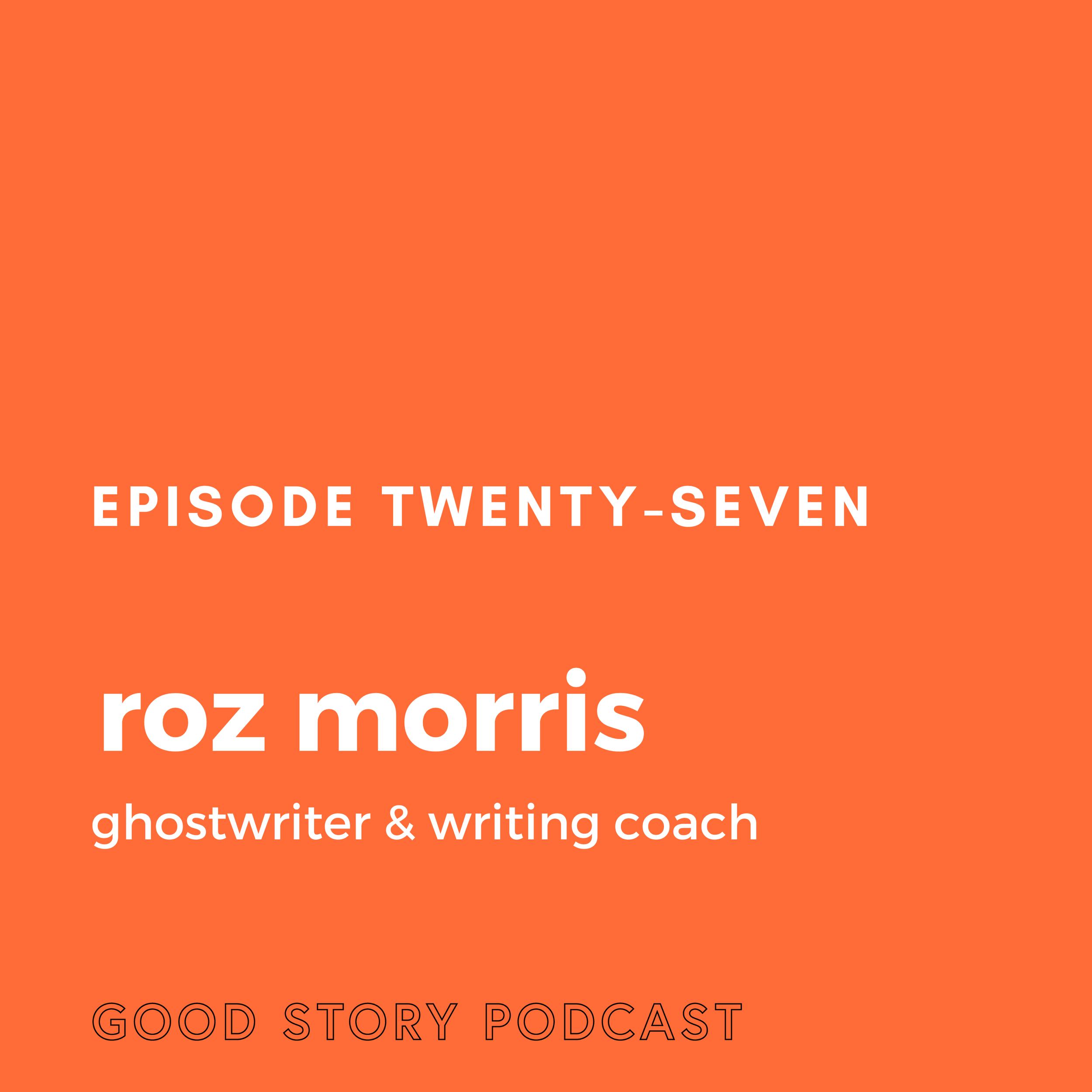
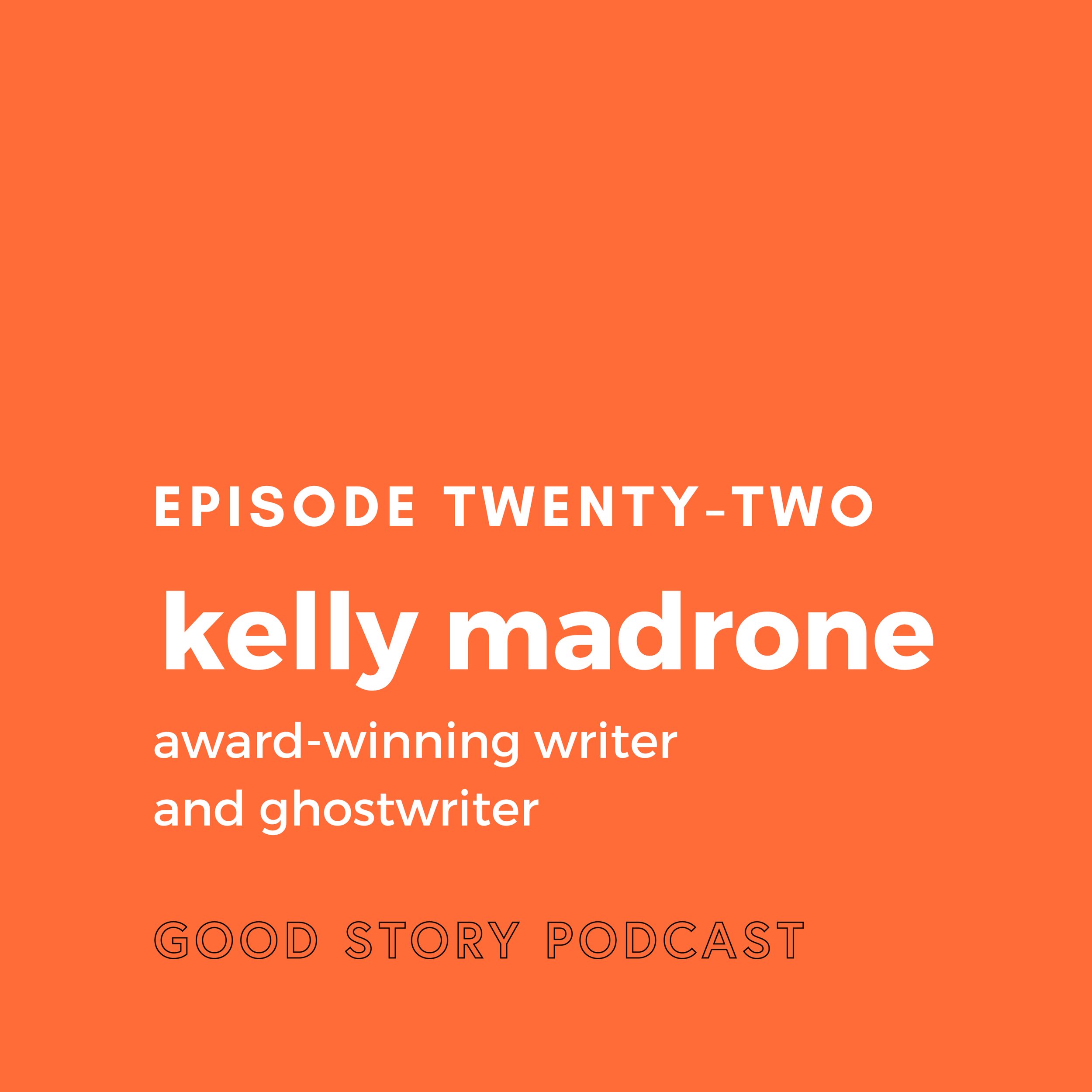

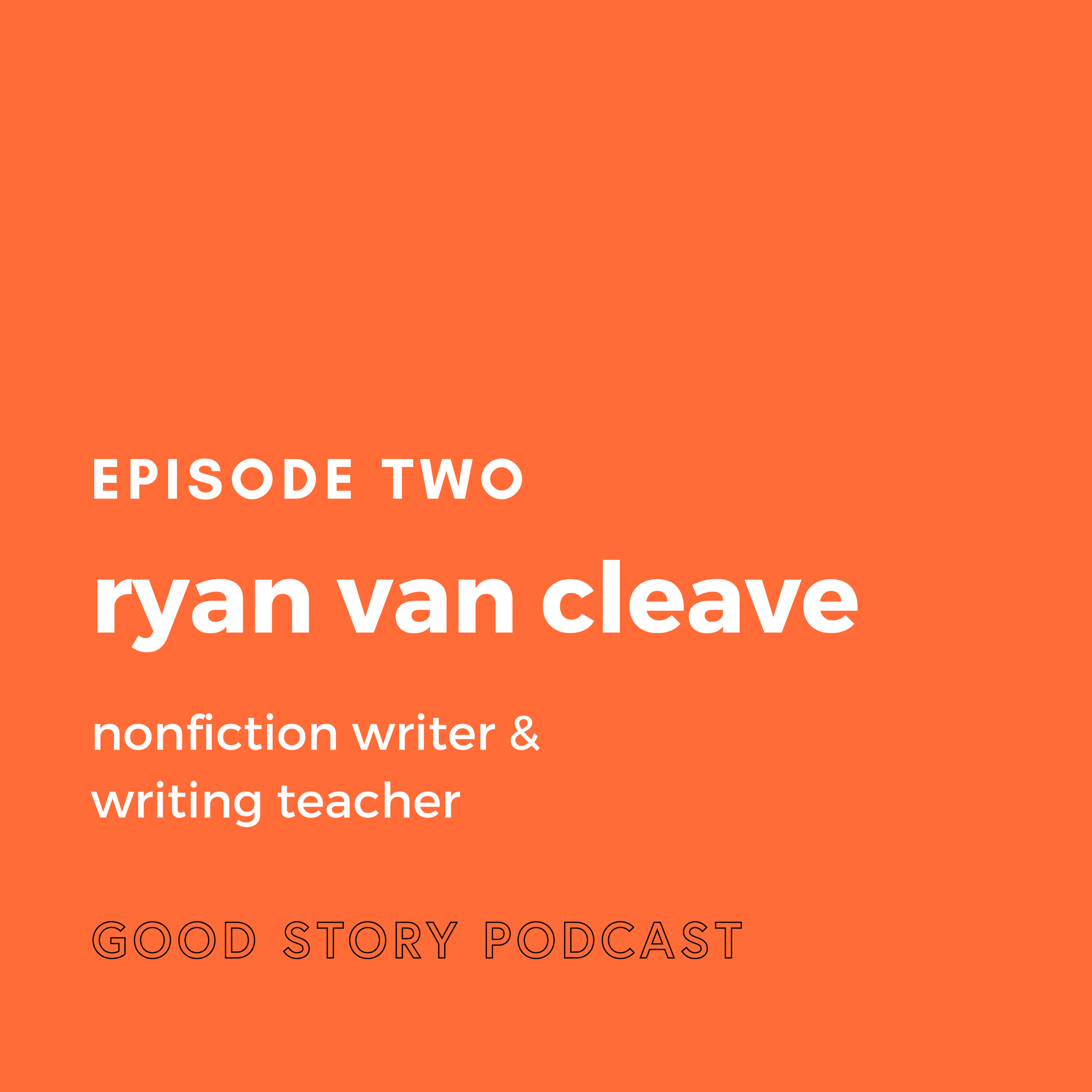


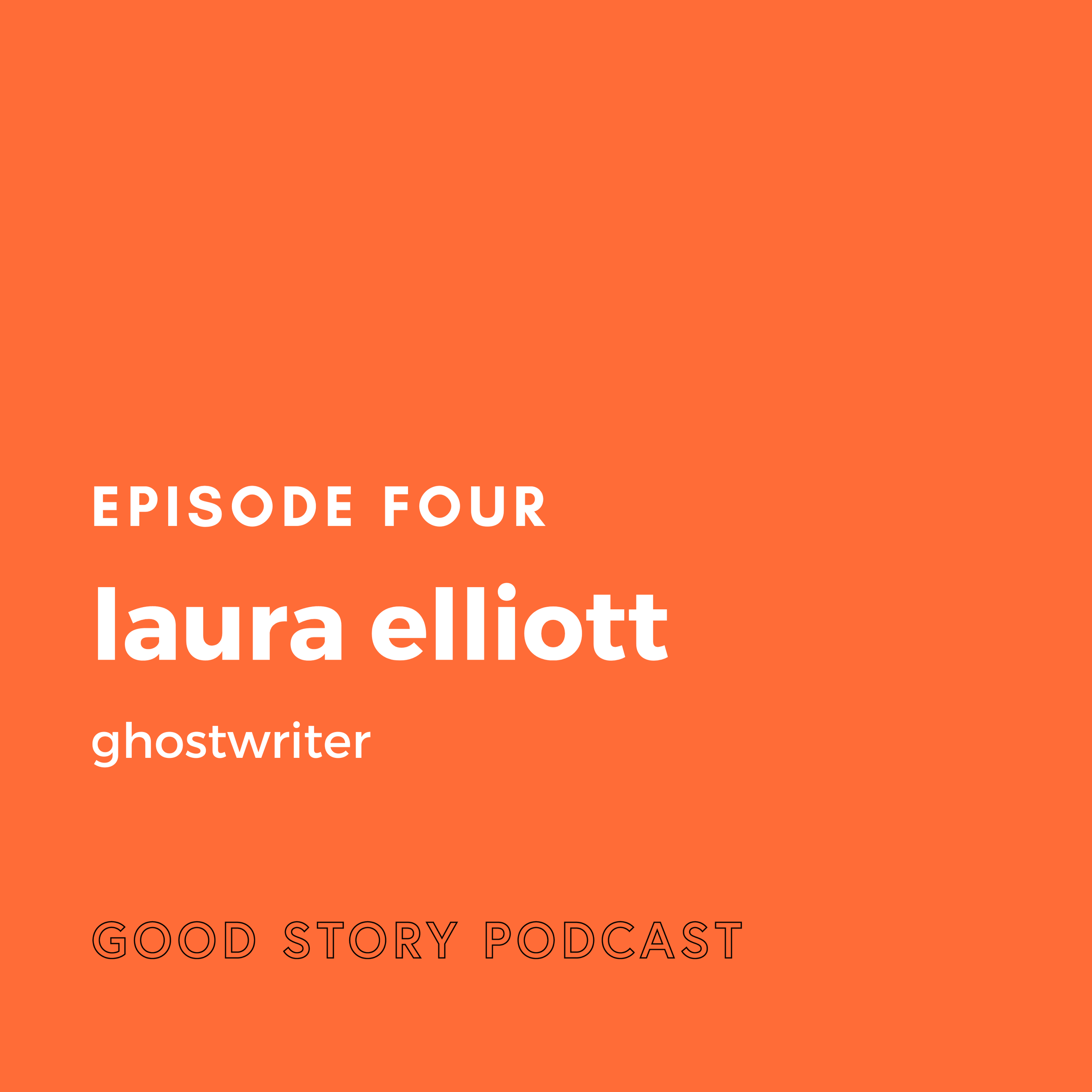


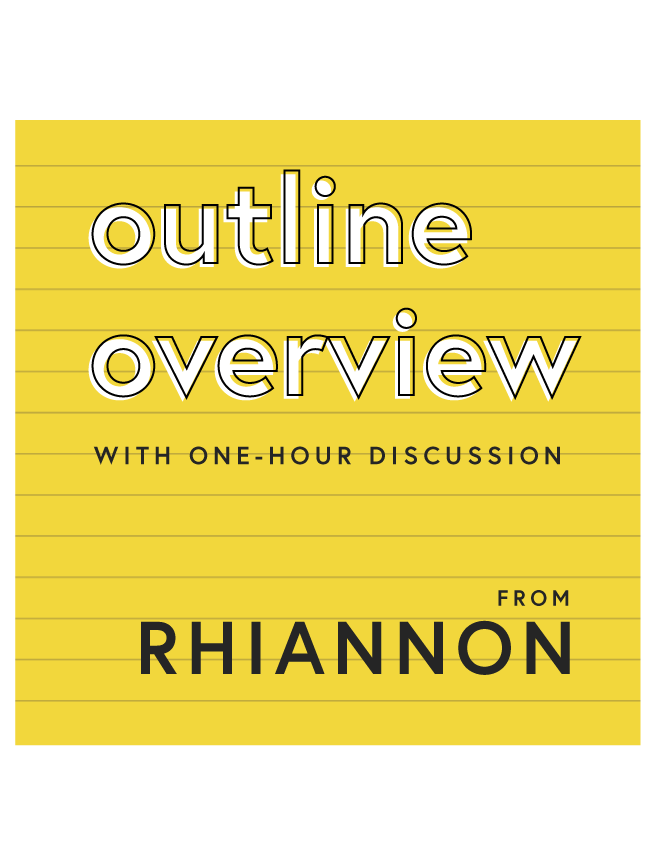




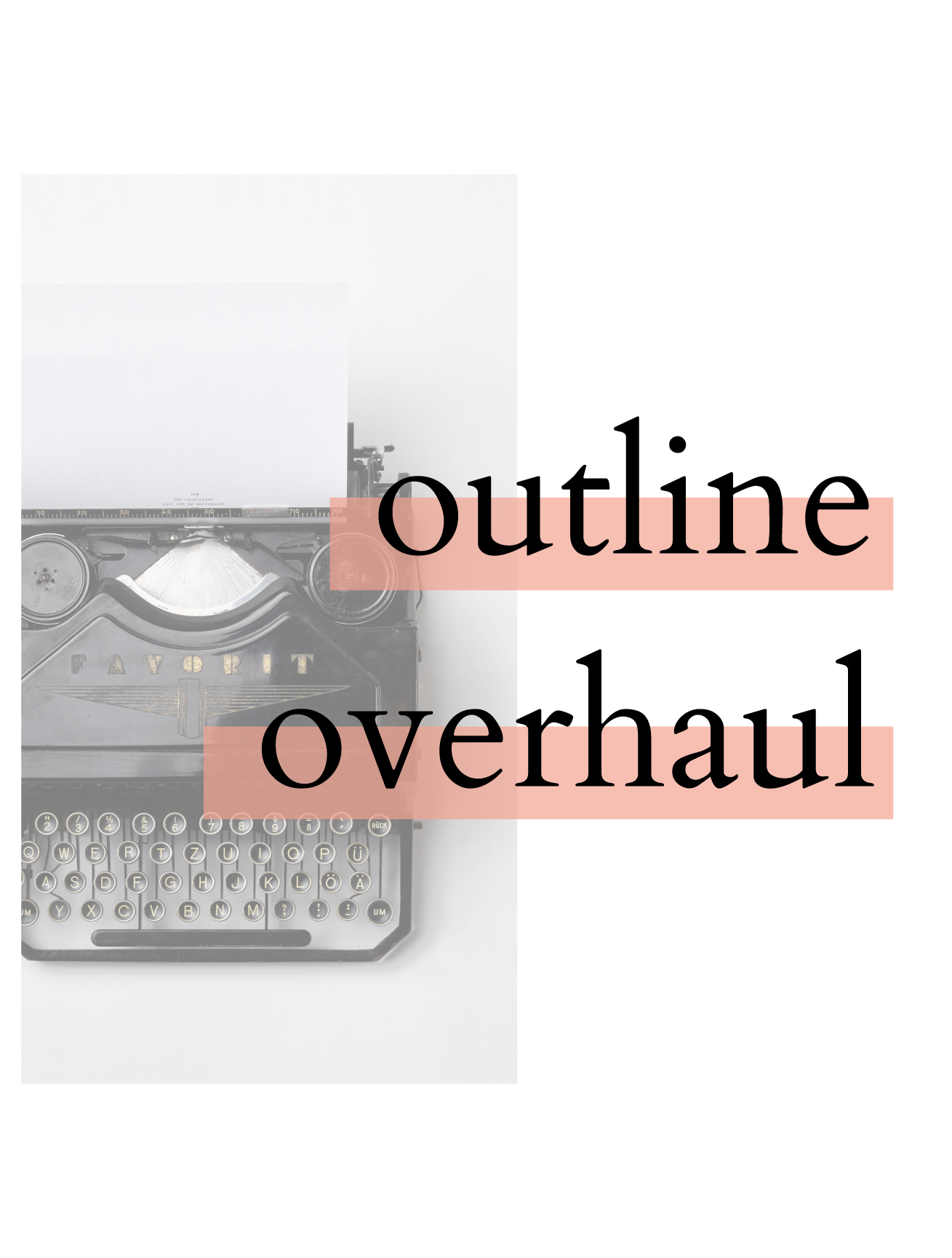






Thrilled to be joined by author and publishing expert Courtney Maum! She gives us insight behind her terrific book, Before and After the Book Deal, and talks about the highs and lows of publishing. Tune in for her knowledgable tidbits about marketing, building an online platform, self-publishing, memoir, and more!